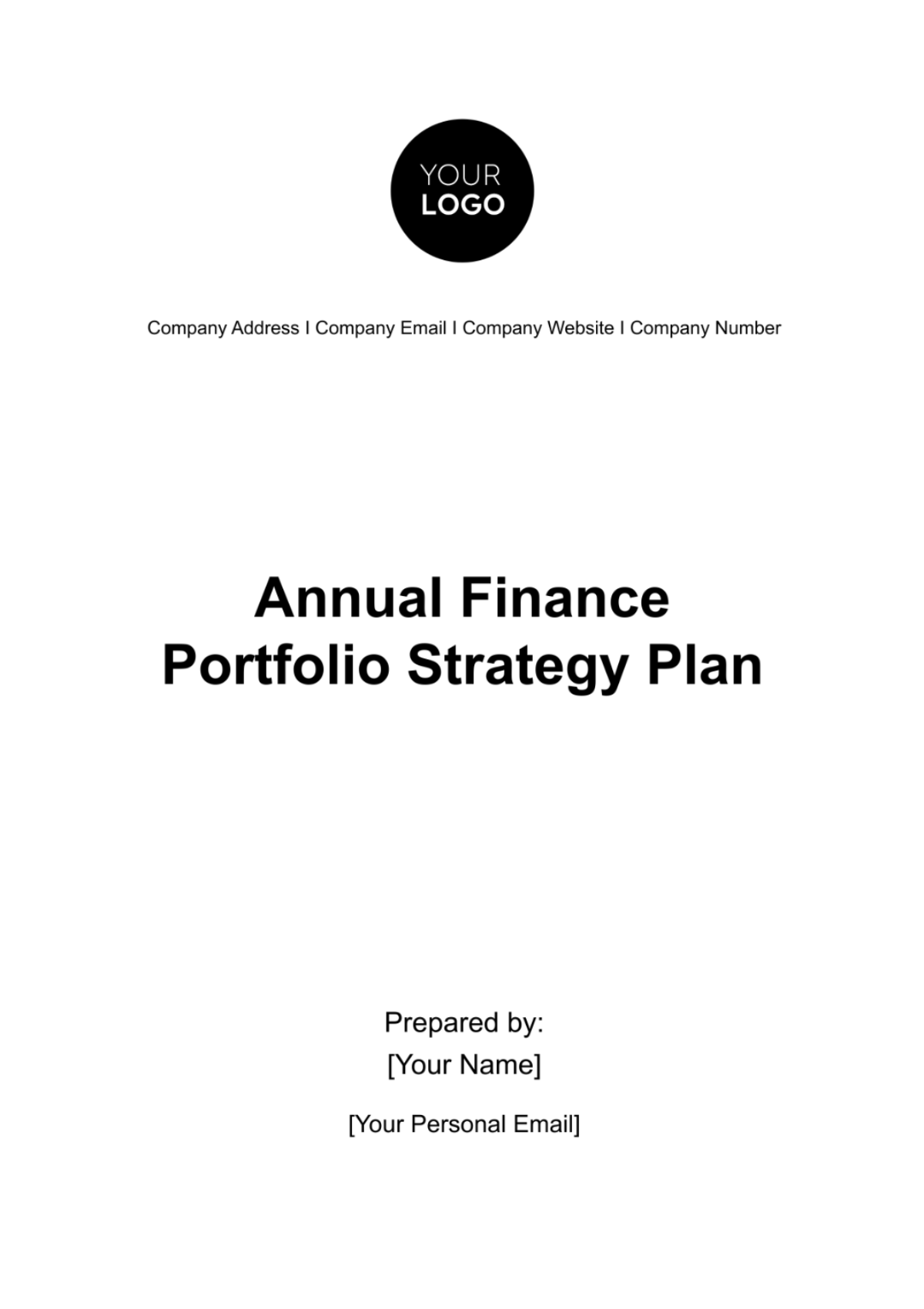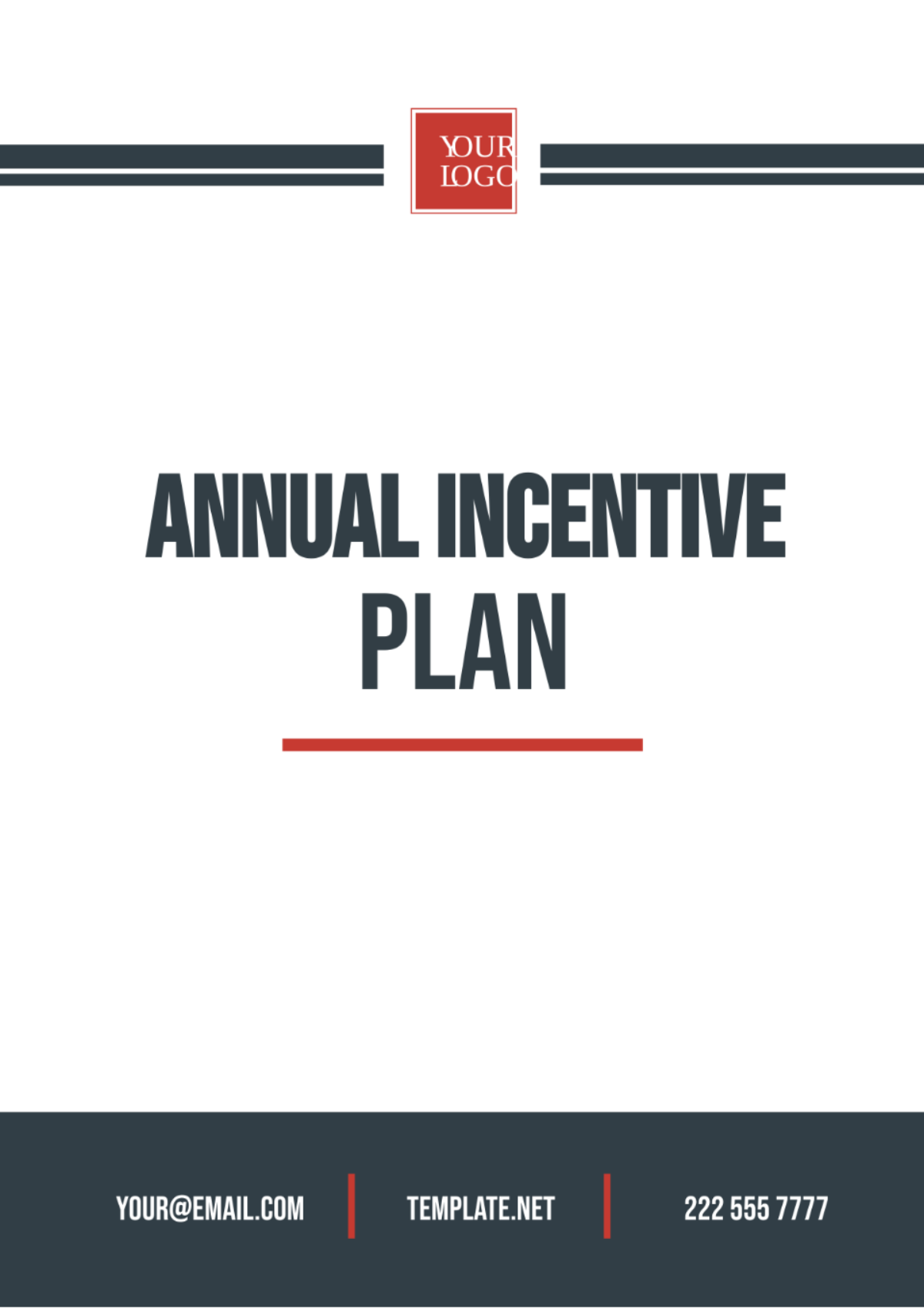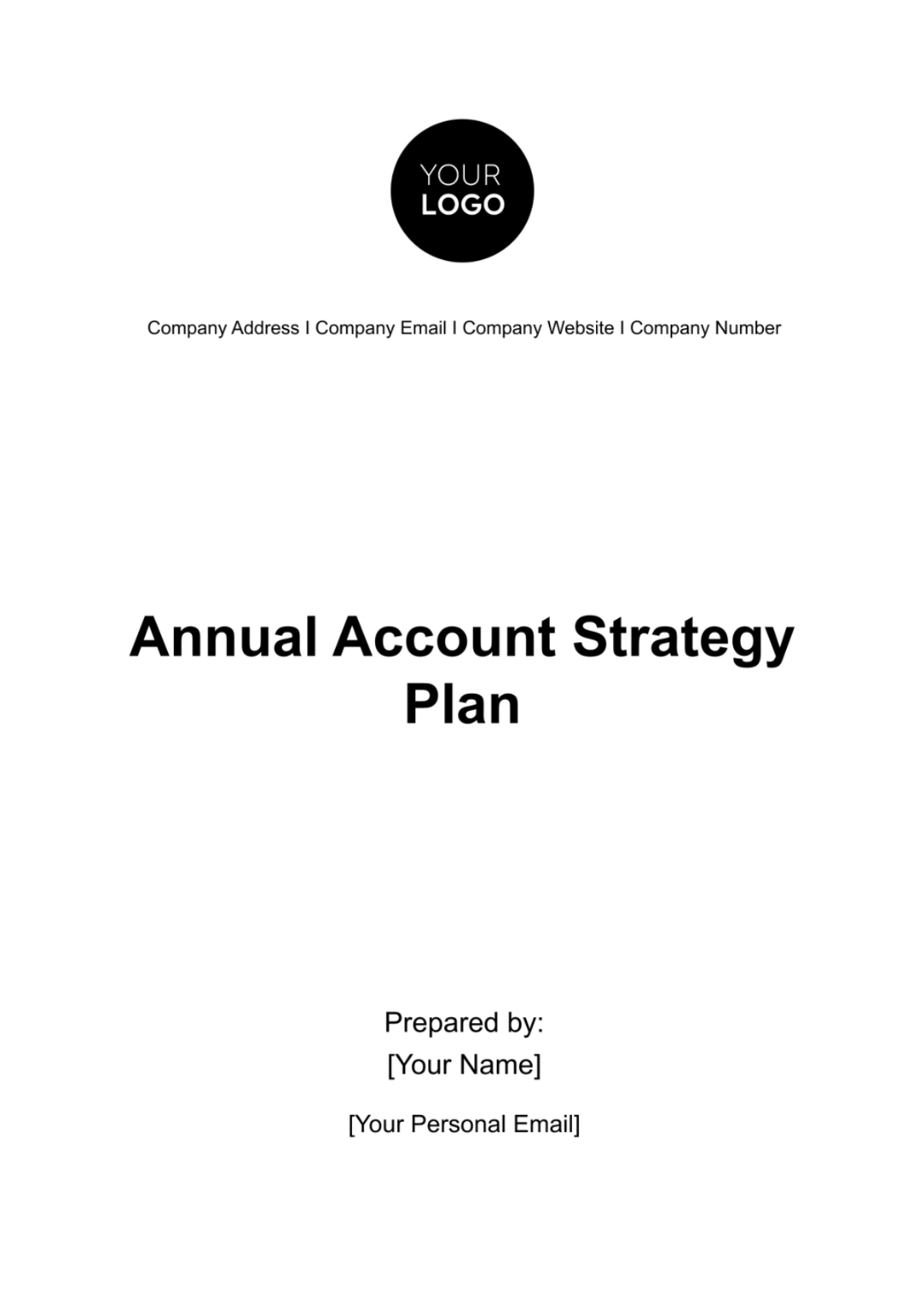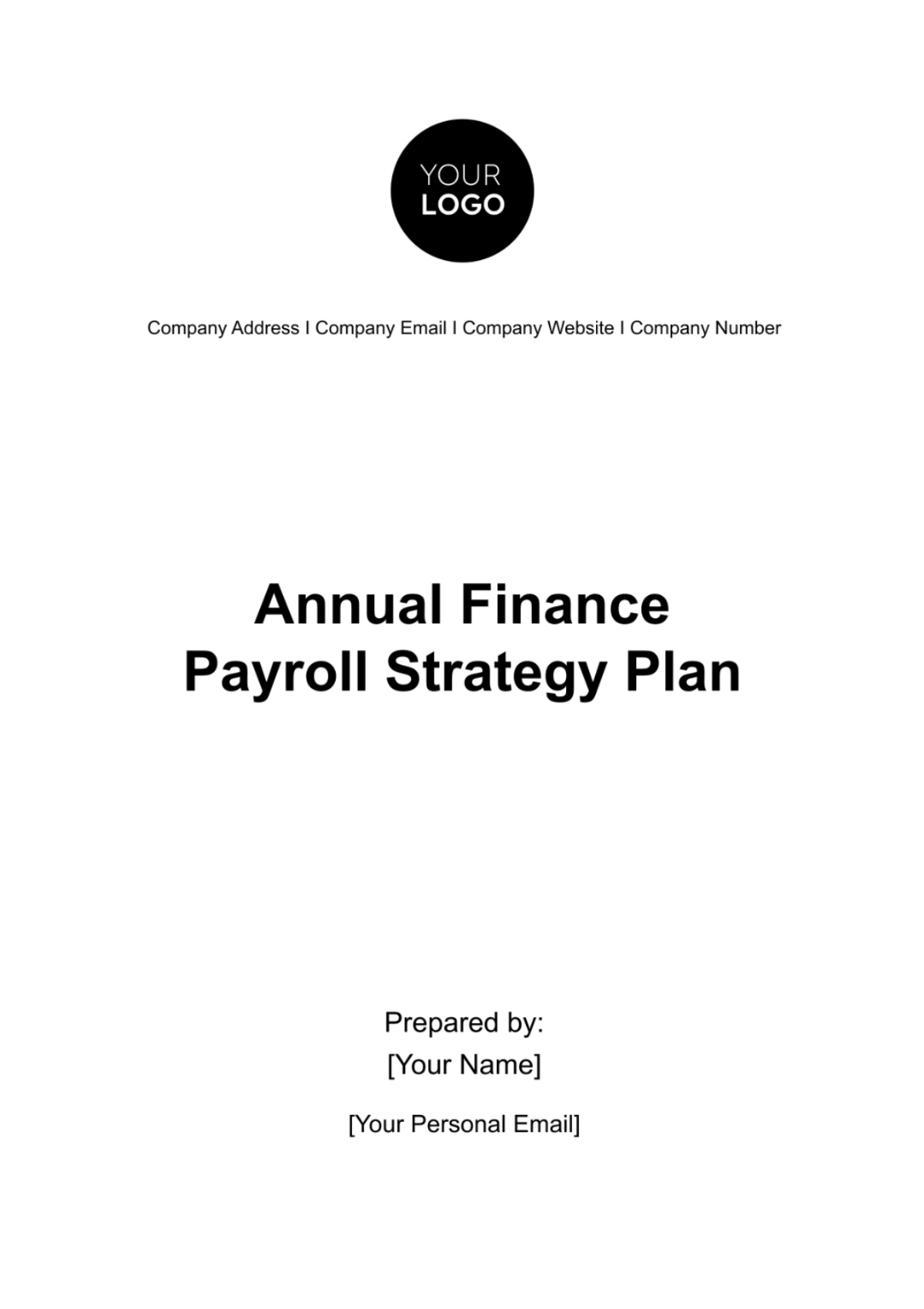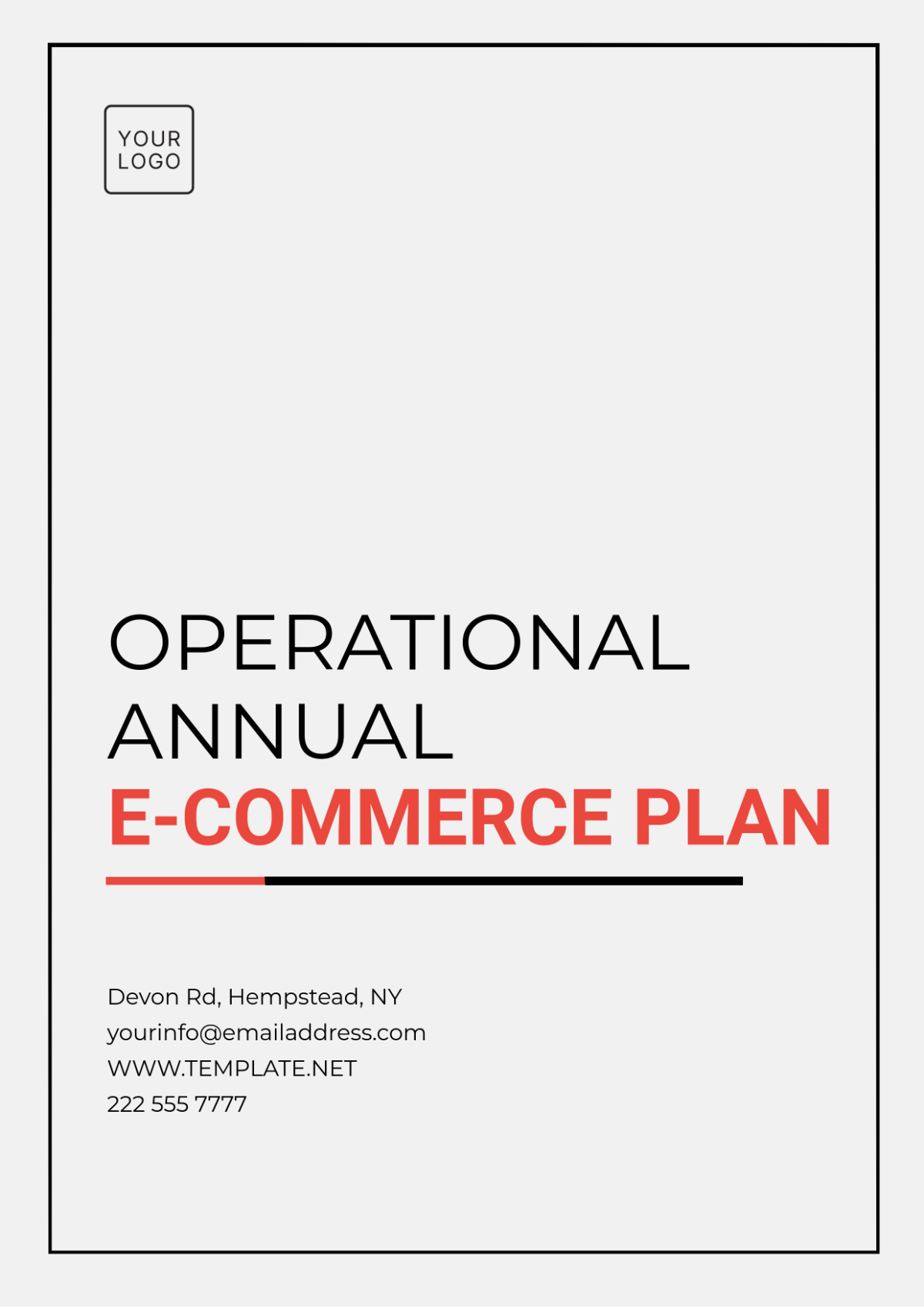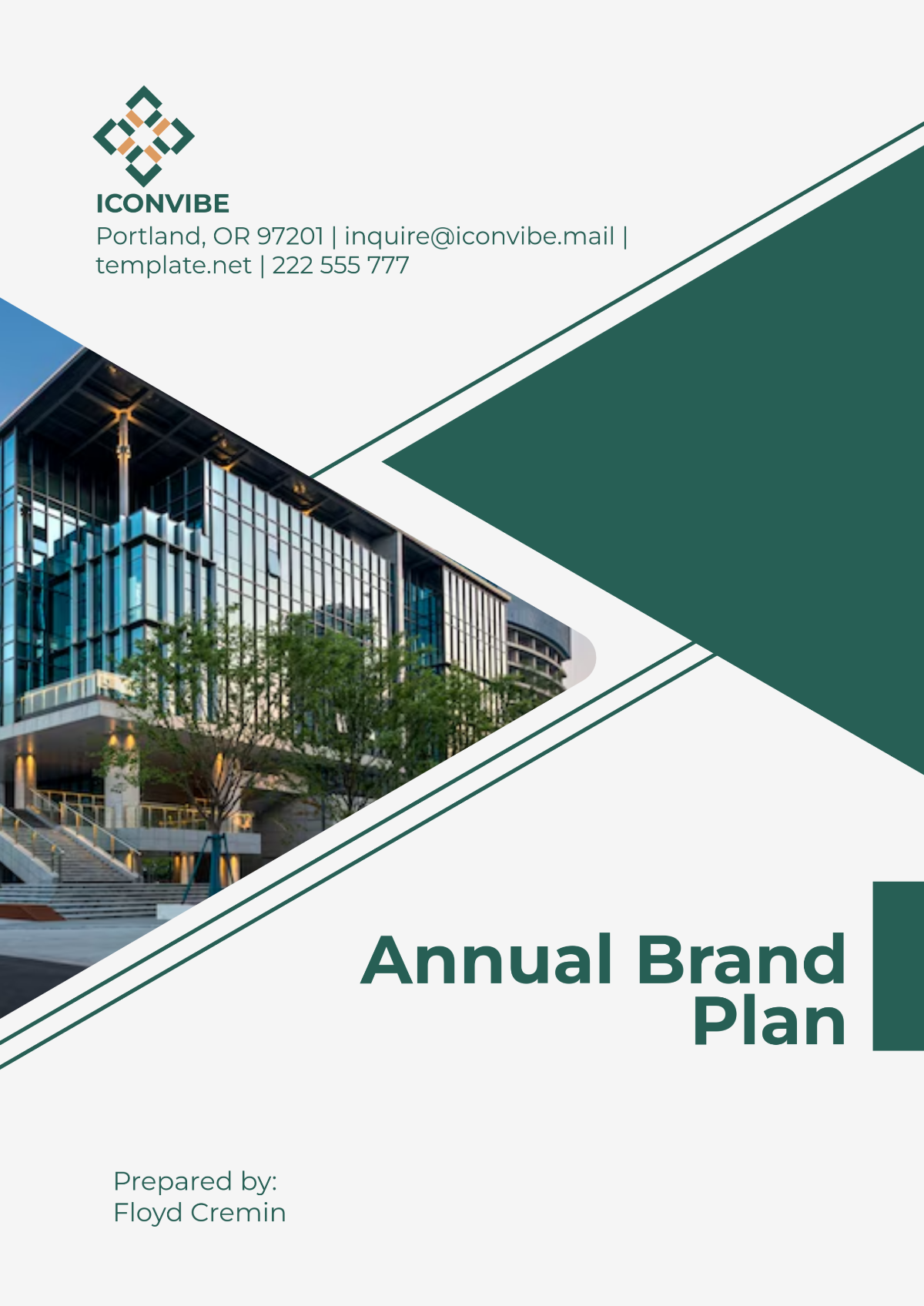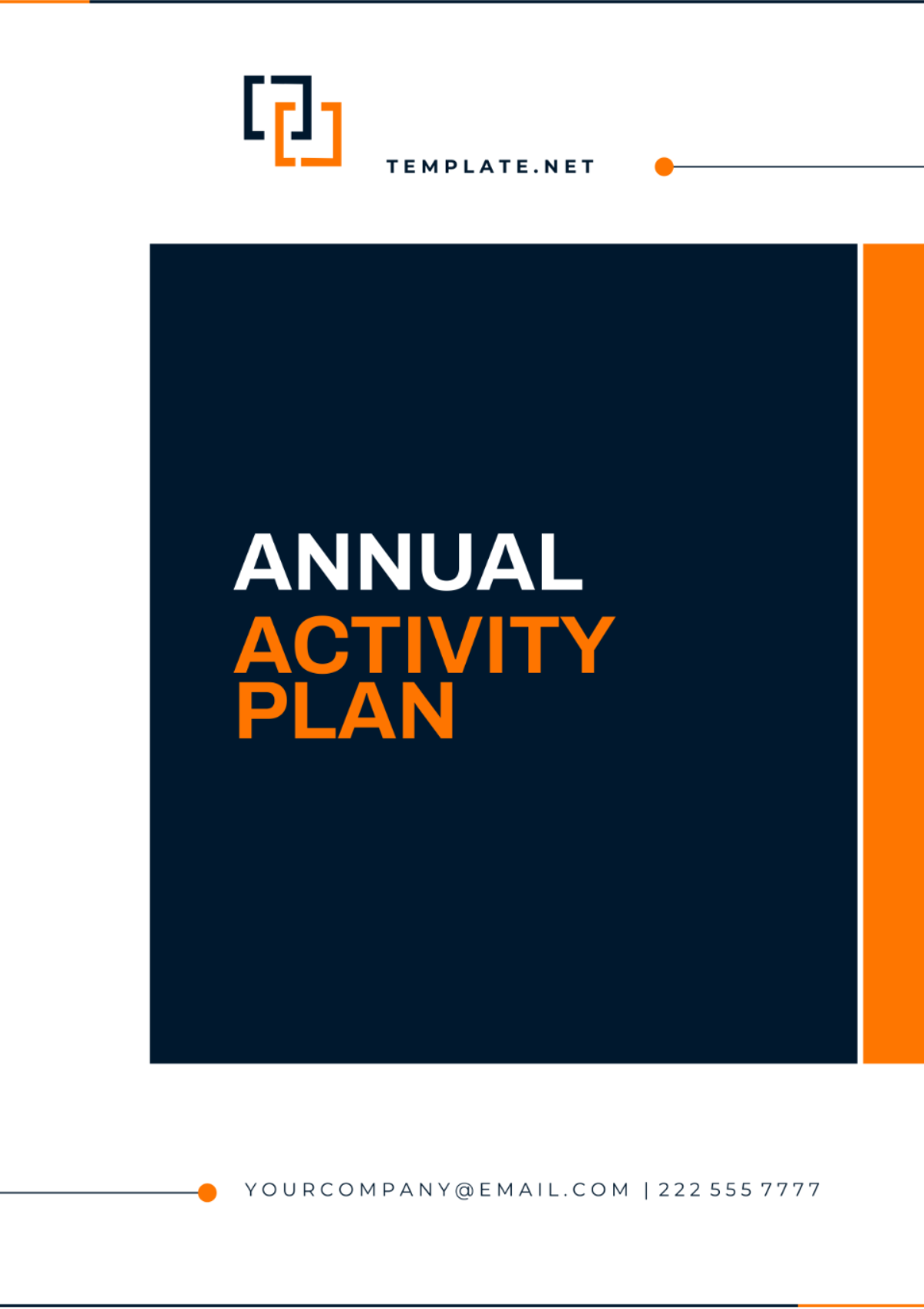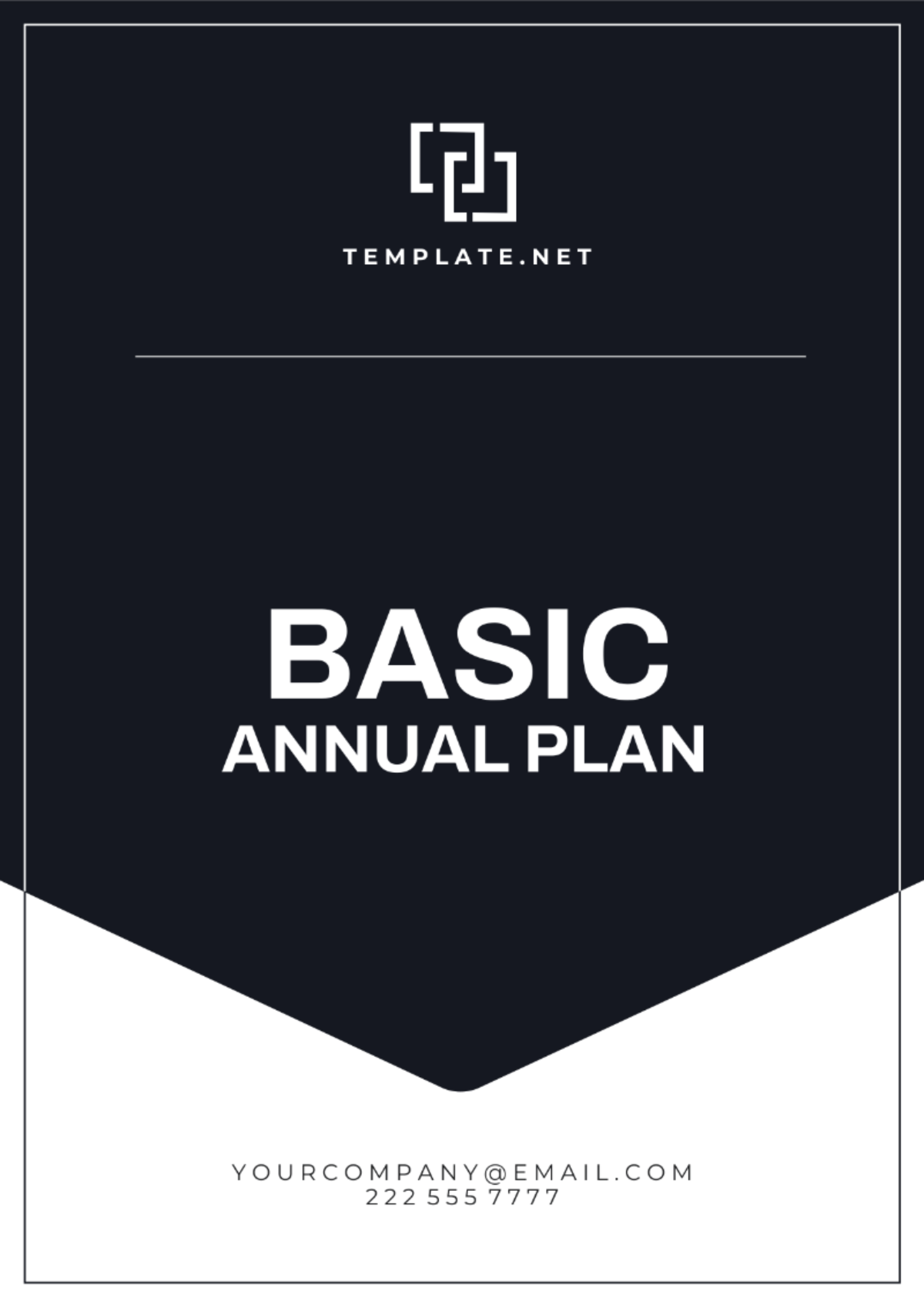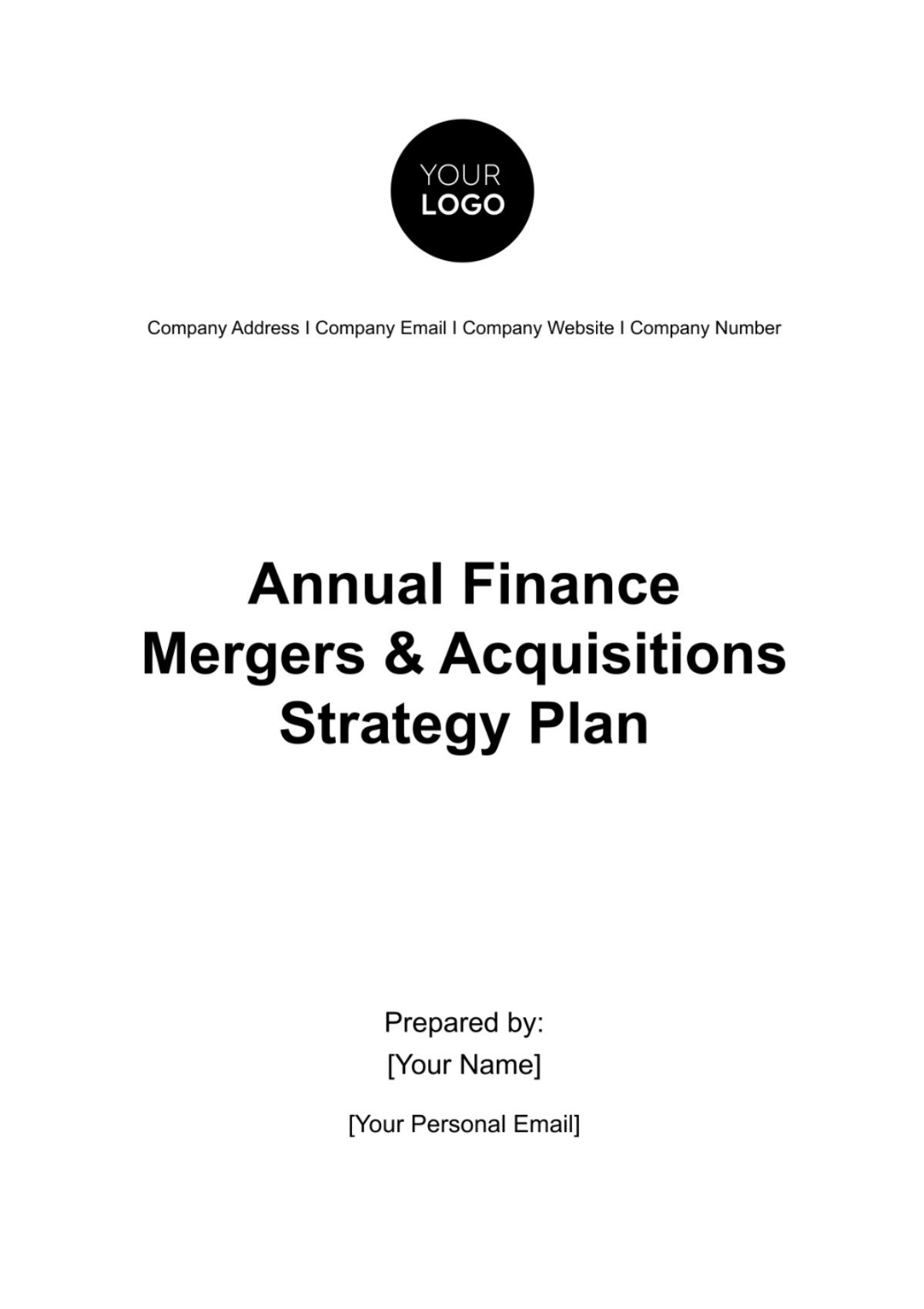SAMPLE ANNUAL DEPARTMENT PLAN
Prepared by | Department | Date |
|---|---|---|
[Your Name] | [Your Department] | [Date] |
I. Introduction
[Your Company Name] presents its Annual Department Operational Plan Template, designed to synchronize strategic goals with day-to-day operations, fostering efficiency and productivity.
II. Department Overview
A. Mission and Vision
Mission: To optimize technology operations through innovation and efficiency.
Vision: To lead in operational excellence solutions within the technology industry.
B. Key Responsibilities
Manage and enhance technology infrastructure and systems.
Facilitate the adoption and integration of new technologies.
Ensure robust cybersecurity measures are implemented.
III. Strategic Goals and Objectives
A. Strategic Goals
Enhance Operational Efficiency: Streamline processes to improve productivity.
Optimize Technology Infrastructure: Upgrade systems for reliability and scalability.
Support Business Growth: Provide agile technology solutions to accommodate expansion.
B. Objectives
Implement process automation to reduce manual tasks.
Upgrade network infrastructure to support increased data traffic.
Deploy a new customer relationship management (CRM) platform.
IV. Key Initiatives and Projects
A. Major Initiatives
Process Automation Project: Implement robotic process automation (RPA) to streamline tasks.
Infrastructure Upgrade: Transition to cloud-based solutions for enhanced performance.
CRM Implementation: Integrate a customized CRM solution for improved customer management.
B. Project Timeline
Process Automation Project: Q1-Q4
Infrastructure Upgrade: Q2-Q4
CRM Implementation: Q3-Q4
V. Resource Allocation and Budget
A. Resource Requirements
Personnel: Additional hiring of two system administrators and one data analyst.
Equipment: Procurement of cloud servers and networking hardware.
Technology: Acquisition of RPA software and CRM licenses.
B. Budget Allocation
Resource | Allocation |
|---|---|
Personnel | $150,000 |
Equipment | $200,000 |
Technology | $100,000 |
VI. Performance Metrics and KPIs
A. Key Metrics
Process Efficiency: Reduction in manual tasks by percentage.
System Uptime: Percentage of operational time.
Customer Satisfaction: Survey ratings on technology support services.
B. Targets and Tracking
Process Efficiency: 25% reduction within six months.
System Uptime: Maintain 99.9% uptime.
Customer Satisfaction: Achieve an average score of 4 out of 5.
VII. Risk Management and Contingency Plans
A. Risk Identification
Resource Constraints: Potential delays due to limited personnel or budget.
Technical Challenges: Unforeseen issues during system upgrades.
Security Threats: Risks of data breaches or cyberattacks.
B. Contingency Planning
Resource Constraints: Cross-training existing staff.
Technical Challenges: Maintain close communication with vendors.
Security Threats: Implement robust cybersecurity measures.
VIII. Communication and Stakeholder Engagement
A. Communication Strategy
Monthly departmental meetings to update staff.
Quarterly reports to senior management.
B. Stakeholder Engagement
Engage with business units to understand technology needs.
Solicit feedback from end-users during system updates.
